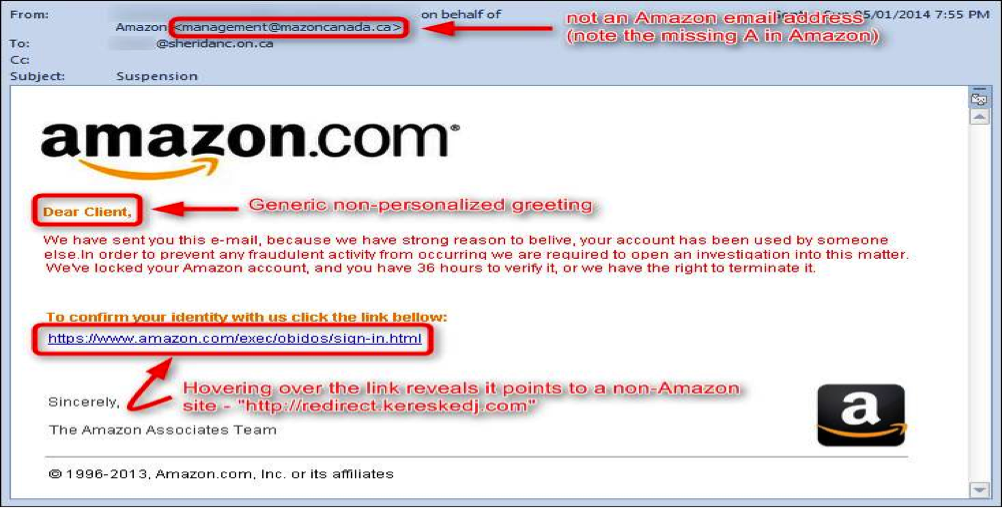5 essential phishing prevention tips to keep you safe online
Do you want to keep your data safe from phishing? It doesn’t matter whether you run a small or big business. Actually, it doesn’t matter if you run a business at all, your data is always vulnerable to phishing and following we are giving you a few tips for fending off such attacks. So, take your time to go through them!
1. Be careful with attachments
If you open an email and you are directed to download the attachment or images at the instance, you are better off without them. These attachments or snaps have the malware content that will infect your device. This is the reason criminals shove a ton of advertisement down your throat.
This very attachment can open a book to the attacker who wants to obtain your information. In case you are receiving such a message from a source you don’t recognize, you better avoid it. If it’s someone you recognize, then get confirmation before you download your content.
2. Beware of farfetched emails
If the message needs something to be done from your site, you better not fall into the trap. If something seems farfetched, it usually is. There are two reasons why someone tries to do such a thing; they want a reward or some authority over you. If the scam is the authority base, then they will be asking you to act on something (e.g. you will get millions of dollars if you just do this one simple thing).
You can prevent email phishing if you avoid such messages. Don’t let them fool you into thinking you have something that is undeliverable otherwise or that someone has breached your account. The reward-based scams work on some price for entering a competition, a raffle to fill out a survey or ignore everything.
The key is, you have to skeptical of unsolicited third-party messages here. If someone is trying to get some information out of you, you should ignore it for the best. There is nothing you have to gain by replying to such messages.
In addition to farfetched emails, be on the look out for emails from companies you know that just don’t seem “right.” Here’s an example of such an email below:

3. Careful what links you click
Where do you believe the link will take you? It will do some damage. So, you are better off not clicking it; this is among phishing prevention best practices. The inks you are going to one of your pages, but are you confident you know exactly where it’s going to take you?
There are many ways you can see how this plays out link checking the link (not clicking it but reading the address). Check the domain very carefully, and it will give you a good idea where the link will lead you and what you should expect from there.
So, hover your mouse over the link and look at the bottom left of the browser window and you will see the URL–this possibly shows you a site where you don’t want to go.
4. Your phone is not immune
Phishing prevention tips are not only limited to PC, but you also have to be careful when using your mobile phone. We all use our smartphones to communicate daily. This tip still comes handy to this date, if you are not sure, and the message seems to be urgent, then contact the sender by telephone. If by any chance you know the person, you should call them.
If you don’t know the sender, do not download the attachment. It’s always a good idea to use Google to look up to a phone number to see whether they are who they claim to be. It’s also usually best these days to not answer the phone from numbers you don’t recognize as they can be telemarketers or scammers. If it’s super important, they will likely leave a voice mail. With that said, there are some scams going around currently where voice mails are left saying that a warrant is out for your arrest—definitely ignore those, they’re not real.
Check out apps like Malwarebytes for Mobile (Android and iOS) to help prevent scam calls from even getting through.
5. Always back up your data
If you have valuable data, people are going after it. You have to take straight measures to protect it. Do your search about phishing attack prevention and look for various channels from which you can have your data breached. You need to take extra care when using these channels and make sure you are secured.
If things get dire and you are confident in your security measures, then you are better creating a backup of your data. This is the last resort in case someone gets successful breaching your device.Just make sure you scan your files before backing them up. You don’t want to save a backdoor with them for anyone to access your data again. Use a phishing prevention software to scan your files.
